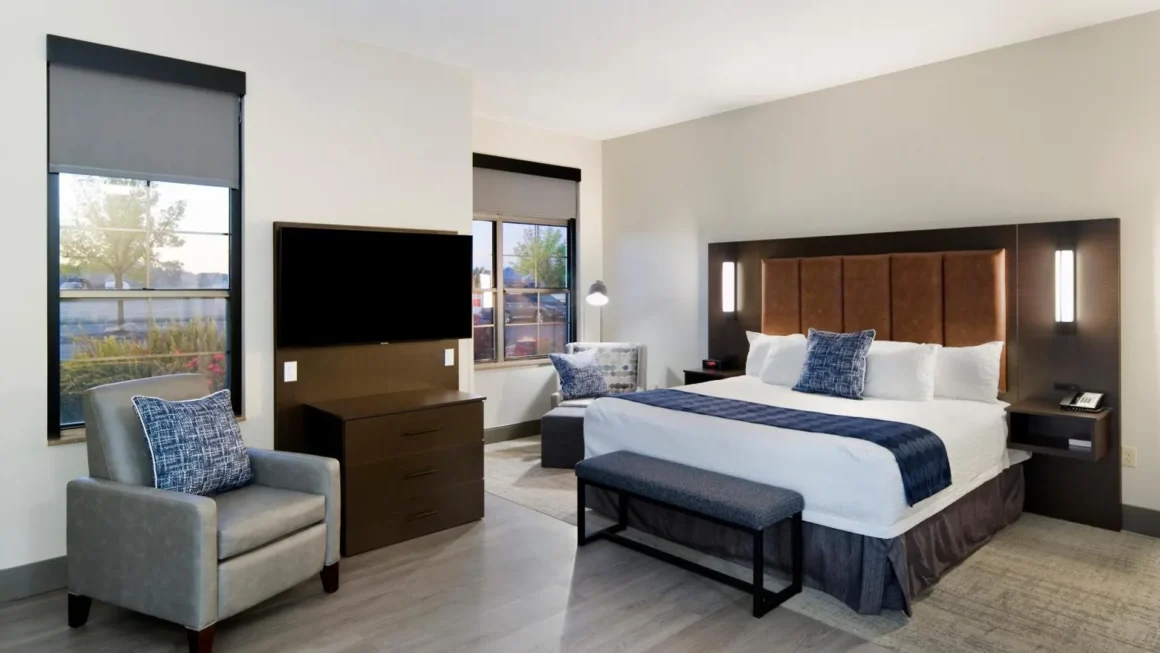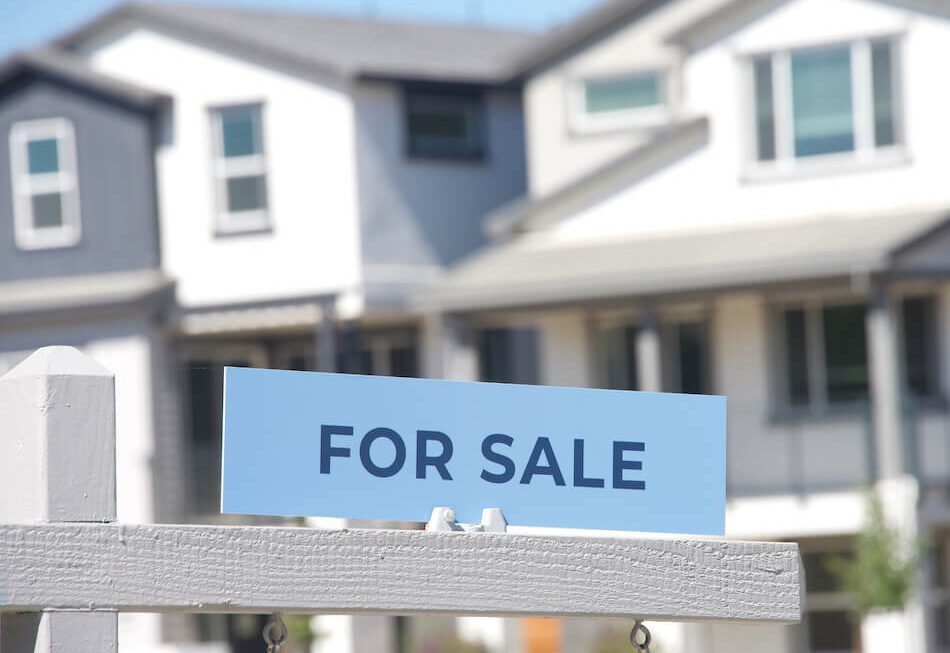Plumbing issues are common in many households, causing inconvenience and potential damage if not addressed promptly. Understanding these issues and how to prevent them can save time, money, and frustration. We will explore some of the most common plumbing problems homeowners face and provide practical tips on preventing them. By taking proactive measures, you can maintain a functional and efficient plumbing system, ensuring the comfort and safety of your home. Effective plumbing maintenance is crucial when dealing with residential properties or managing a Centennial office.
Common plumbing problems homeowners face
- Clogged Drains
One of the most frequent plumbing problems is clogged drains. These can occur in sinks, showers, and toilets, often due to the buildup of hair, soap scum, food particles, and other debris. A clogged drain can lead to slow water drainage, unpleasant odors, and, in severe cases, complete blockage. Avoid disposing of grease, coffee grounds, and large food particles down the kitchen sink to prevent clogs. Use a drain strainer to catch hair and other debris in the shower and bathroom sinks. Regularly cleaning the drains with baking soda and vinegar can help dissolve minor buildups and clear the pipes. By being mindful of what goes down your drains and performing routine maintenance, you can significantly reduce the likelihood of clogs.
- Leaky Faucets
Leaky faucets are another common plumbing issue that can waste significant water and increase utility bills. The constant dripping is often caused by worn-out washers or seals within the faucet. Over time, these components can deteriorate due to regular use, leading to leaks. To prevent leaky faucets, ensure that they are properly installed and maintained. Replace washers and seals as soon as you notice signs of wear. It’s also essential to avoid turning faucets off too forcefully, as this can damage the components and lead to leaks. Regularly checking and maintaining your faucets can prevent leaks and conserve water, saving you money on utility bills.
- Running Toilets
A running toilet is a common plumbing issue that can save water if addressed promptly. This problem is often caused by a faulty flapper valve that fails to seal properly, allowing water to flow from the tank to the bowl continuously. To prevent running toilets, regularly inspect the flapper valve and replace it if it shows signs of wear or damage. Additionally, check the fill valve and float to ensure they function correctly. Adjust the float to maintain the proper water level in the tank. Periodic maintenance and prompt repairs can prevent running toilets and reduce water waste, contributing to lower utility bills and a more efficient plumbing system.
- Low Water Pressure
Low water pressure can be a frustrating plumbing issue that affects the performance of your fixtures and appliances. This problem can result from various causes, including mineral buildup in the pipes, leaks, or issues with the municipal water supply. To prevent low water pressure, regularly inspect your plumbing system for leaks and address them promptly. Installing a water softener can help reduce mineral buildup in the pipes, improving water flow and pressure. If you experience sudden drops in water pressure, it may be necessary to check with your local water utility to determine if there are issues with the municipal supply. By maintaining your plumbing system and addressing potential causes of low water pressure, you can ensure consistent and reliable water flow throughout your home.
- Water Heater Issues
Water heater problems are a common plumbing issue that can disrupt your hot water supply and affect your comfort. These problems can include insufficient hot water, fluctuating temperatures, or unusual noises from the unit. To prevent water heater issues, performing regular maintenance, such as flushing the tank to remove sediment buildup and checking the temperature settings, is essential. Inspect the anode rod and replace it if it shows signs of corrosion, as this component helps prevent rust and extend the life of your water heater. Additionally, consider insulating the tank and pipes to improve efficiency and reduce heat loss. By taking these preventive measures, you can ensure a reliable hot water supply and prolong the lifespan of your water heater.
- Burst Pipes
Burst pipes are a severe plumbing issue that can cause extensive water damage and require costly repairs. This problem often occurs during winter when water in the pipes can freeze and expand, leading to cracks or bursts. To prevent burst pipes, insulate your pipes, especially those in unheated areas such as basements, attics, and exterior walls. Keep your home adequately heated during cold weather, and allow faucets to drip slightly to relieve pressure in the pipes. If you plan to be away during the winter, consider shutting off the water supply and draining the pipes to prevent freezing. Taking these precautions can protect your plumbing system and prevent the costly damage associated with burst pipes.
- Sump Pump Failure
Sump pump failure is common in homes with basements or crawl spaces prone to flooding. A malfunctioning sump pump can lead to water damage and mold growth. To prevent sump pump failure, regularly test the unit to ensure it functions correctly. Clean the sump pit and remove any debris that could obstruct the pump. Check the discharge line for blockages and ensure it directs water away from your home. Consider installing a battery backup system to keep the sump pump operational during power outages. Routine maintenance and testing can help ensure your sump pump is ready to protect your home from flooding and water damage.
Conclusion
Preventing common plumbing issues requires regular maintenance and attention to your plumbing system. By taking proactive measures such as avoiding clogs, fixing leaks, maintaining your water heater, and protecting your pipes from freezing, you can reduce the likelihood of plumbing problems and ensure the efficient operation of your home’s plumbing system. Regular inspections and prompt repairs can save you time and money and reduce the inconvenience of dealing with unexpected plumbing issues. By investing in preventive maintenance, you can maintain a functional and reliable plumbing system, contributing to your home’s overall comfort and safety.



